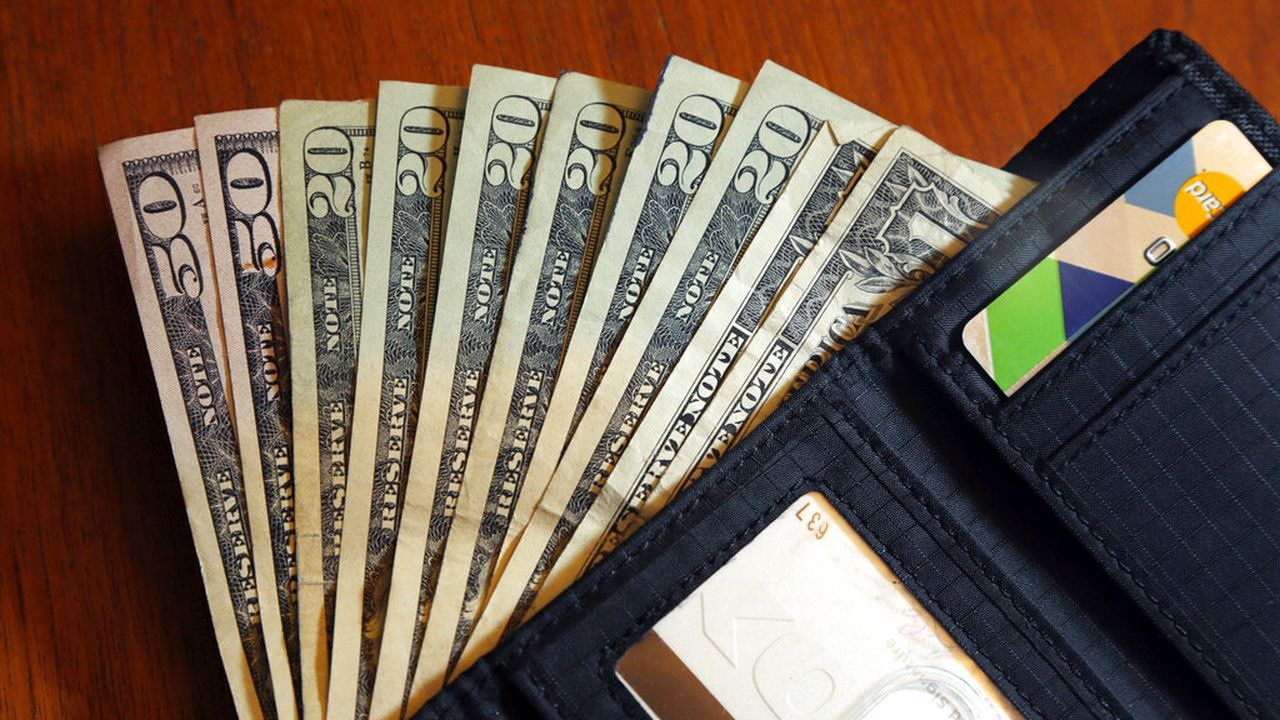Worst thing to keep in your wallet, according to federal officials
What’s in your wallet? Pictures? Money? Credit cards? Drivers license?
If your list includes a Social Security card, federal officials want you to think twice.
The Social Security Administration advises people not to carry their Social Security identification card with them in their wallet. All a scammer needs is your name and Social Security number and they can apply for credit, open new accounts – even steal tax refunds.
“The best way to “Guard Your Card” is to keep it in a safe place and share it only when required, which is rare. In fact, in most cases, just knowing the Social Security number should be enough,” the agency said.
If you are asked to share your number, you should ask why it is needed, how it will be used and what happens if you refuse. You should also check to make sure you aren’t carrying any other documents that might contain your number.
READ MORE: What is phishing? U.S. Postal Service says there’s a new scam going around
Social Security cards are not identification documents, the agency said, and, in almost all cases, other things will work in their place. For example, for workplaces, a birth certificate, permanent resident card or alien registration receipt or I-94 or Form I-94 A should be acceptable. For those applying for REAL ID, only one state – Pennsylvania – requires you to show a physical Social Security card. All others can accept things like W-2 forms or pay stubs, according to social security officials.
You should not have to show your physical Social Security card to apply for housing, health insurance or food assistance benefits. For tax purposes, you do not need your actual card but do need to know your Social Security number.
And of course, never give out your Social Security number to someone contacting you by telephone, e-mail, or at your door, even if they claim to represent Medicare, your bank, or a credit bureau.
On the rare occasion you do need your physical Social Security card, experts advise returning it to your home afterward and storing it in a secure location.
